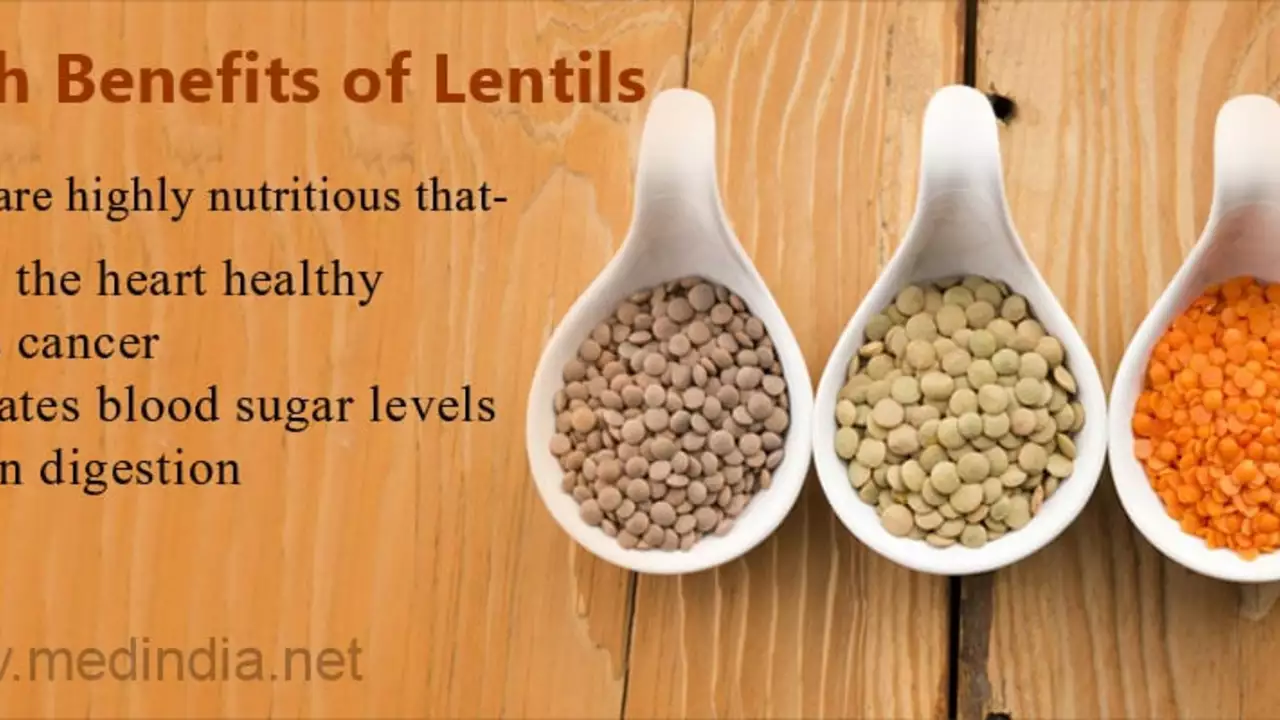Diet: Practical Nutrition, Supplements & Eating for Health
Welcome to our diet tag — a simple place to find practical nutrition tips, safe supplement notes, and food advice that matters for common conditions.
You’ll see easy guides like how to add wheat bran without bloating, what to eat around stomach meds like sucralfate, and smart swaps for heart health and blood sugar control.
Short, clear checklists help you pick supplements such as Asparagus Racemosus or wheat bran and show what to ask your doctor before you start.
Practical diet tips you can use
Start with one small change: add a serving of high-fiber food at one meal. Try a tablespoon of wheat bran stirred into yogurt or cereal. It improves stool regularity for many people, but increase gradually and drink water to avoid gas.
For blood sugar control, focus on fiber, protein, and smaller portions of starchy foods; choose whole grains, beans, and vegetables. If you take diuretics like Lasix, ask about potassium-friendly foods so you can balance electrolytes through your diet.
Supplements, herbs and safe buying
Supplements can help, but they can also interact with drugs. Tell your provider about everything you use — herbal powders like Tree of Heaven and Asparagus Racemosus, or concentrated extracts. Ask if a supplement affects blood clotting, blood sugar, or blood pressure.
Buying online? Pick pharmacies with real contact info, customer reviews, and secure checkout. Avoid sites that hide prices or push prescriptions without a doctor.
For antibiotics and stomach meds, timing matters. Take antibiotics like cephalexin as directed and avoid certain dairy products if your provider says so. Sucralfate works best on an empty stomach; ask when to eat around your dose.
If you have specific conditions like ulcer, heart failure, or diabetes, use diet guides tailored to that condition. Our tag pages link to practical articles on drugs, interactions, and real-world tips.
Quick checklist: track one week of meals, note symptoms after supplements, check labels for added sugar or sodium, and ask your pharmacist about food-medicine timing.
Want specific ideas? Try oatmeal with fruit and flaxseed for fiber, grilled fish and salad for heart health, or plain yogurt with wheat bran for digestion. Small swaps add up.
Use this tag as a starting point. Read the linked posts for details on medications, supplements, and safe online buying. If something feels off, talk to your doctor.
Action plan: write down three foods you will add this week that help your condition. Example: add a cup of vegetables at dinner, swap white bread for whole grain at lunch, and include a protein snack mid-afternoon to curb sugar spikes. Take a photo of supplement labels and save them in your phone. At your next visit, show that list so your healthcare team can check interactions and suggest better timing. Small records make care safer and your routine easier.
Start small, track results, and ask questions until you feel confident. We update posts so check back for new tips on diet, supplements, and medication safety.

Lecithin: The Secret Ingredient Your Diet Has Been Missing
I just discovered that Lecithin, a naturally occurring fat, might be the secret weapon our diets have been lacking. It's found in foods like eggs, soybeans, and sunflower seeds and is packed with health benefits. Not only does it aid in digestion, but it also helps in maintaining a healthy heart and brain. It's time we all start incorporating more Lecithin-rich foods into our meals. Who knew this underrated ingredient could be so vital to our wellbeing?

Lecithin: The Secret Ingredient Your Diet Has Been Missing
In my latest blog post, I delve into the wonders of lecithin, a lesser-known but powerful dietary ingredient. I discovered how lecithin, a type of fat that's crucial for cell function, can be a game-changer for our health. It's been linked to improving digestion, heart health, and even brain functioning. The best part? It's found in many common foods like eggs, soy, and sunflower seeds. So, spice up your diet and give your health a boost by introducing lecithin into your meals.
